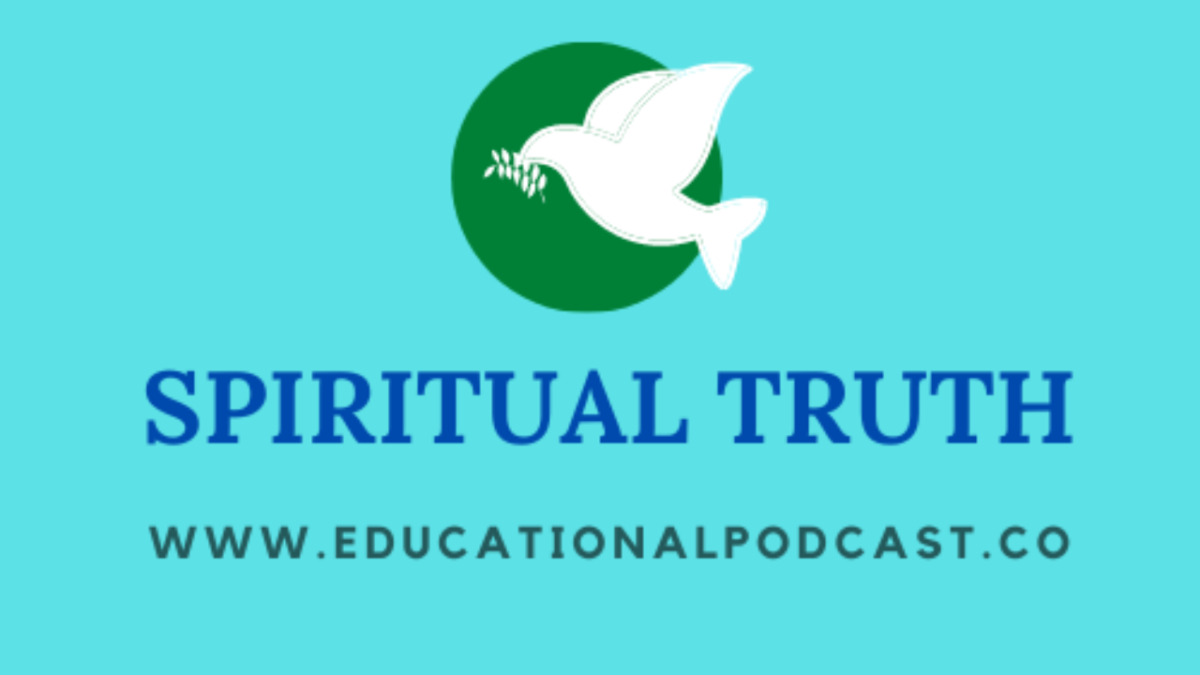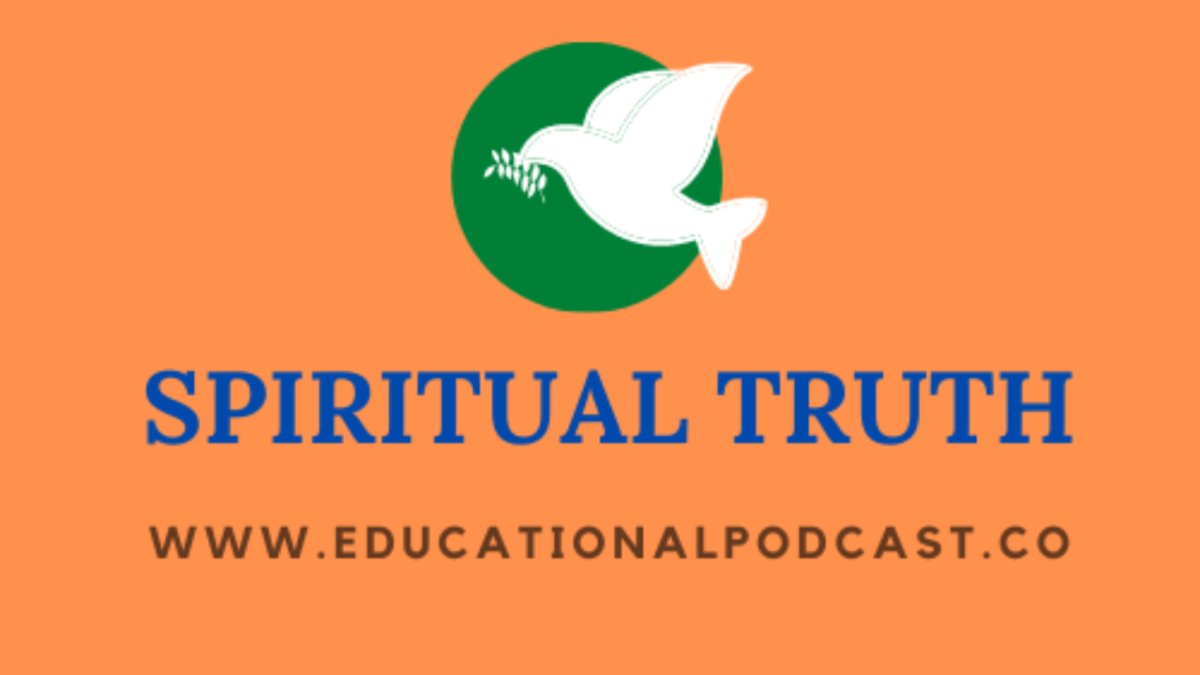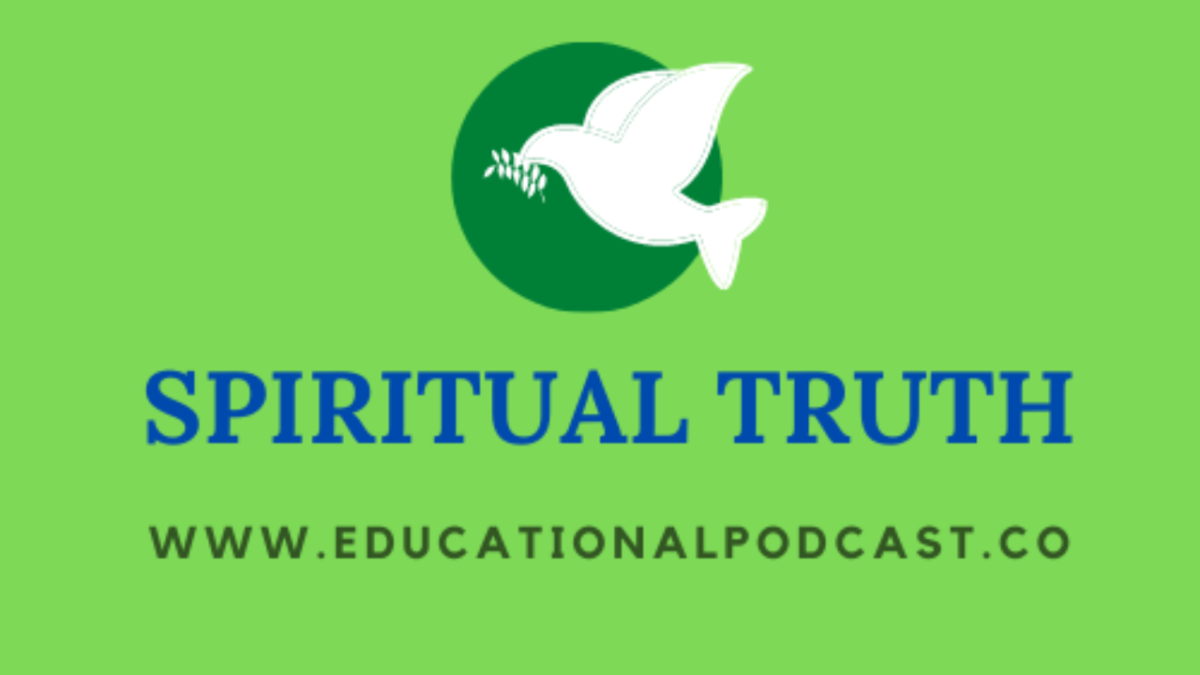The Eight Commandment of the Ten Commandments of Yahweh, the Father in heaven, from the Scripture
Welcome to educational podcast, the spirituality podcast where we dive into the richness of the Bible and explore its timeless wisdom. My name is Elder Dan, your host. Today, I will be discussing a commandment that’s often overlooked, yet carries immense importance in our daily lives. It’s the Ninth Commandment, a part of the Ten Commandments of Yahweh, the Father in heaven which says, “You shall not bear false witness against your neighbor” (Exodus 20:16 and Deuteronomy 5:20). Join me as I unpack the crucial significance of this powerful principle.
If you would rather listen to this, just click the play button below. 🙂
The Dangers of False Witness
We’ve all been guilty of it at some point or another – exaggerating the truth, distorting facts, or even outright lying to make ourselves look better or someone else look worse. But did you know that bearing false witness is not just a minor offense? In fact, it’s a serious sin that can have far-reaching consequences.
The only way to be truly honest is to tell the truth 100 percent, no matter how painful it may be. When we bear false witness, we’re not only deceiving others, but we’re also lying to ourselves. We’re telling ourselves that we’re justified in our actions, that our selfish desires are more important than the truth.
The Impact on Relationships
When we bear false witness, we damage relationships and destroy trust. Imagine being in a friendship or marriage where you can’t trust what the other person says. It’s like living in a world of uncertainty and fear. No wonder the Bible warns us about bearing false witness – it can lead to broken relationships and even shattered reputations.
But it’s not just about others; bearing false witness also affects our own integrity. When we lie or distort the truth, we’re compromising our own character. We’re saying that we’re willing to sacrifice our values for personal gain or convenience. And once we’ve crossed that line, it’s hard to know where to draw the line again.
The Power of Truth
On the other hand, when we speak truthfully and honestly, it can have a profound impact on those around us. We build trust and credibility, and people are more likely to believe us when it counts most. Think about it – would you rather do business with someone who has a reputation for honesty or someone who has a history of dishonesty?
So yes, speak truth in love, for it is not only good for others but also good for yourself. When we speak truthfully, we’re not only doing what’s right; we’re also demonstrating our faith in the Almighty Yahweh in heaven and His character.
Overall, the Ninth Commandment is more than just a simple moral rule; it’s a call to integrity and honesty. When we choose to bear true witness against our neighbor, we’re choosing to live with integrity, even when it’s hard. We’re choosing to build trust and credibility with those around us. And most importantly, we’re demonstrating our faith in Yahweh’s character and His goodness.
So, let’s make a commitment today to live by this commandment. Let’s choose to speak truthfully and honestly, even when it’s difficult. Let’s be people who build trust and credibility through our words and actions.
Brothers and sisters, thank you for joining me on this episode of educational podcast. If you’d like to continue this conversation or share your thoughts on this topic, leave a comment below or reach out to me directly. Feel free also to visit our main website by clicking here to read and learn more real truths from the Bible.
Brethren, before I go, let me pray this prayer for you: May Yahweh bless you and keep you; may Yahweh make his face shine upon you and be gracious to you; may Yahweh lift up his countenance upon you and give you peace. I humbly pray these things to Yahweh through Yahshua, the true name of the Messiah, our Master, and coming King, amen. May you have the eyes to see and the ears to hear for this heavenly message. Let’s pray for peace in Yerushalayim. Halleluyah! Until next time. May Yahweh, the Almighty Father and Elohim in heaven, bless you for your integrity and honesty in all your words and actions. Halleluyah, shalom!



